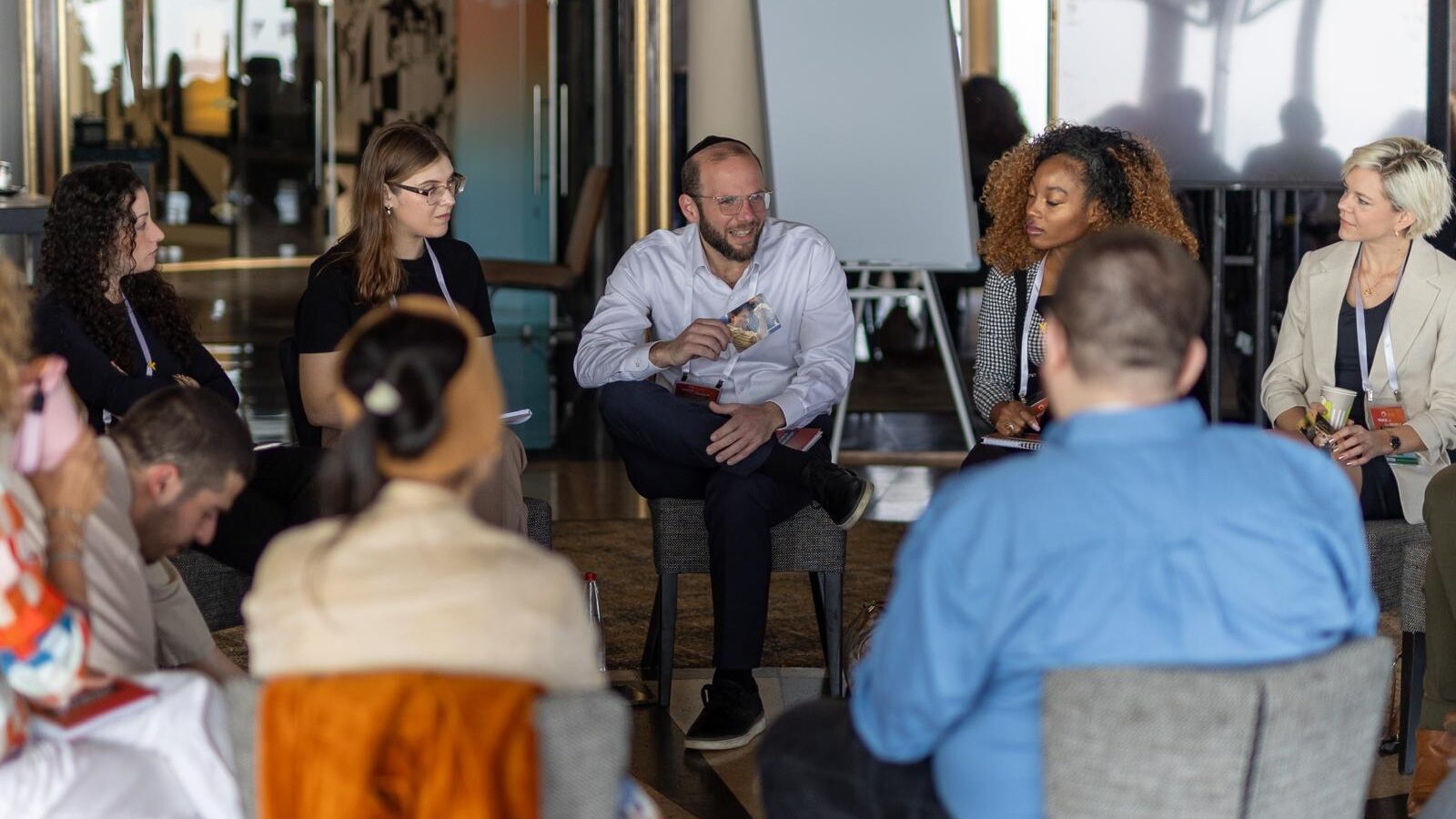Israeli President’s ‘Voice of the People’ Summit Tackles Jewish Identity After October 7
More than 150 Jewish leaders from around the world gathered in Haifa this week to address critical challenges facing global Jewry, as part of the Voice of the People (VOP) initiative spearheaded by Israeli President Isaac Herzog. The five-day convention, which began Sunday, marked the first in-person meeting of the council, which includes representatives from Israel, North America, and other Jewish communities worldwide.
The initiative was designed to foster deep conversations on urgent issues, such as rising antisemitism, Jewish identity, and communal polarization. The delegates, selected using an algorithm to reflect the diversity of Jewish voices, were divided into five working groups focused on key challenges identified through a pre-conference survey. However, organizers noted that the October 7 Hamas-led attack on Israel had reshaped priorities, prompting many Jews to reassess their connection to their identity.
Give the gift of hope
We practice what we preach:
accurate, fearless journalism. But we can't do it alone.
- On the ground in Gaza, Syria, Israel, Egypt, Pakistan, and more
- Our program trained more than 100 journalists
- Calling out fake news and reporting real facts
- On the ground in Gaza, Syria, Israel, Egypt, Pakistan, and more
- Our program trained more than 100 journalists
- Calling out fake news and reporting real facts
Join us.
Support The Media Line. Save democracy.

Israeli-Palestinian vlogger and entrepreneur Nuseir Yassin, author and poet Aija Mayrock, Israeli President Isaac Herzog, and first lady Michal Herzog, at the Voice of the People conference in Haifa, March 5, 2025. (Dor Pazuelo)
VOP CEO Shirel Dagan-Levy highlighted the emergence of what she called “October 8 Jews”—individuals who, after October 7, felt a newfound connection to their Jewish heritage. “Now more than ever, we need this initiative,” she said at a press briefing Wednesday. “Many people who before October 7 never had to deal with their Jewish identity are now seeing it is deeply important to them. It’s amazing to see them as part of the conversation.”
The initiative is structured as a six-month research-based project, rather than a short-term accelerator, with participants expected to engage in extensive discussions before developing solutions. “Sometimes we don’t agree on a problem, and that’s what we want the council to work on,” Dagan-Levy said. “We already see tension in the room—we want people to experience some discomfort because if we keep just talking to people that look like us and talk like us, that’s not going to lead to change.”
Herzog expressed confidence in the initiative’s potential to bring about meaningful change, comparing it to global leadership forums like the World Economic Forum. He emphasized that the gathering itself was a step toward bridging gaps between Israeli and Diaspora Jews. “The foundation of this initiative rests on our most significant asset as a people—the ability to engage in deep, collective dialogue and, through it, drive joint action,” Herzog said.
The initiative’s findings and solutions could be adopted by major Jewish organizations, including the World Zionist Organization and the Jewish Agency for Israel, to strengthen Jewish communal infrastructure worldwide.



